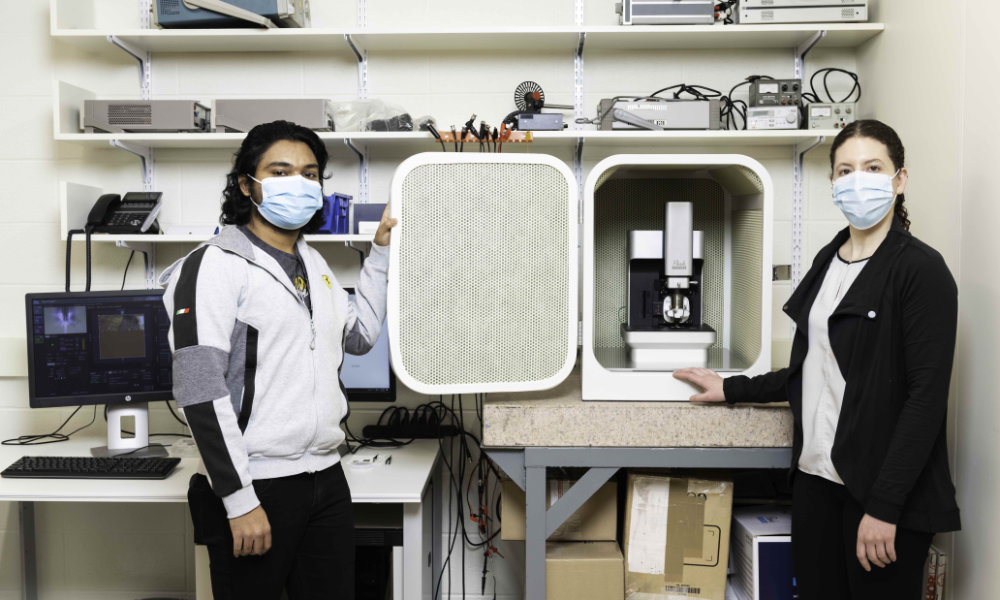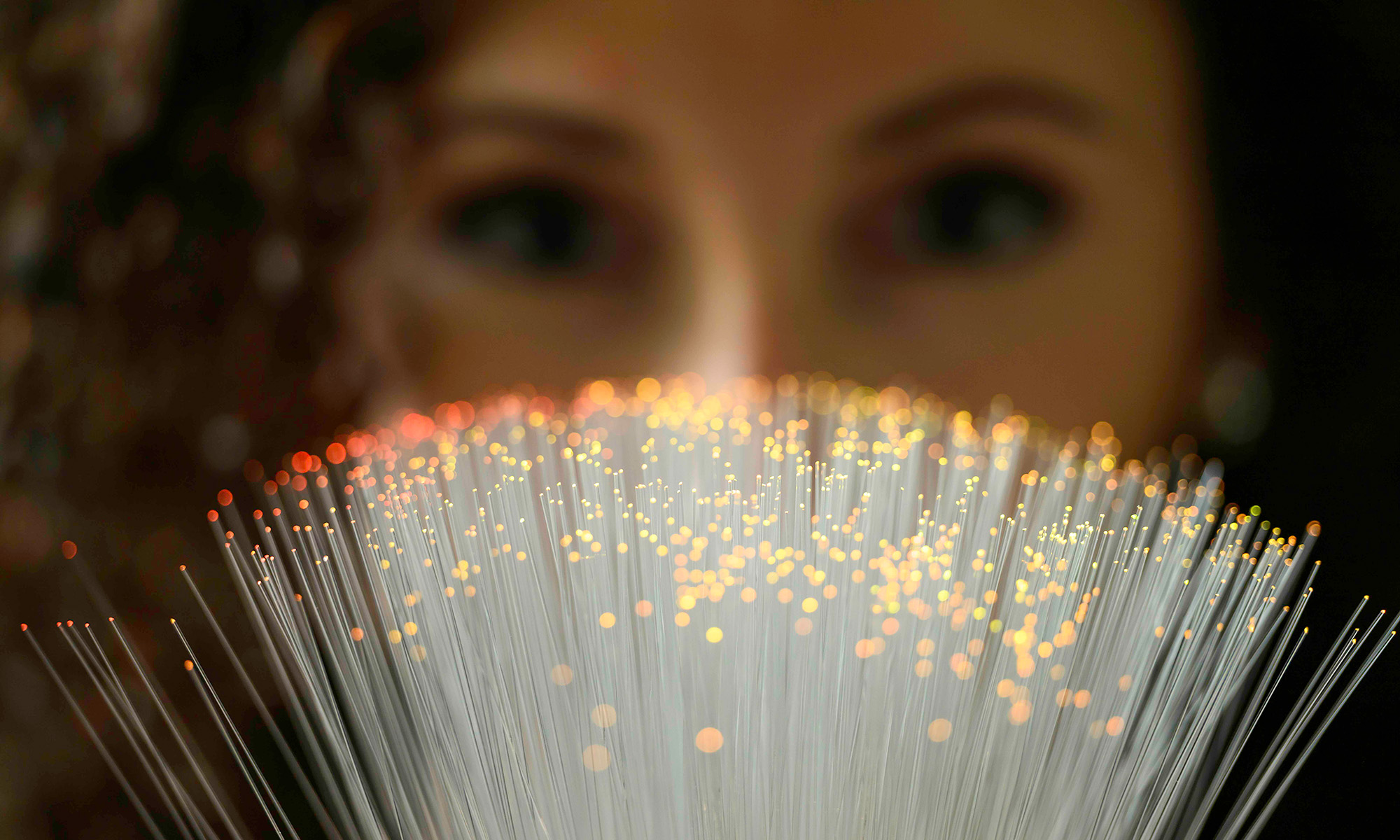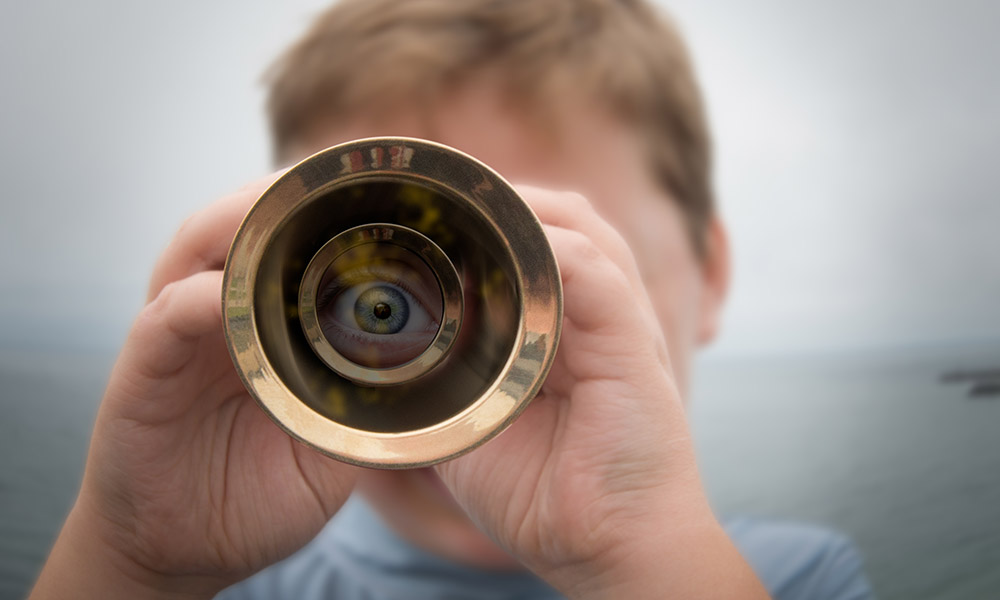
Science & Technology
Using nanodiamonds as sensors just got easier
January 25, 2022
Rochester researchers have found a new and improved way to extract temperature from the light emitted by a diamond defect.

Fresh breakthroughs, bold questions, and the latest discoveries from University of Rochester researchers across every discipline.









